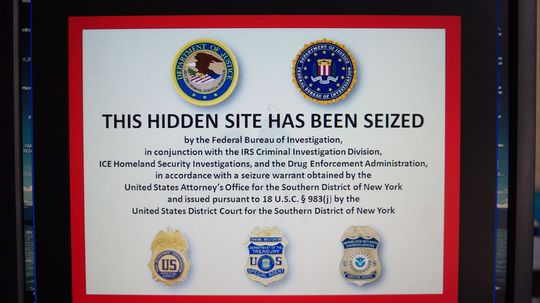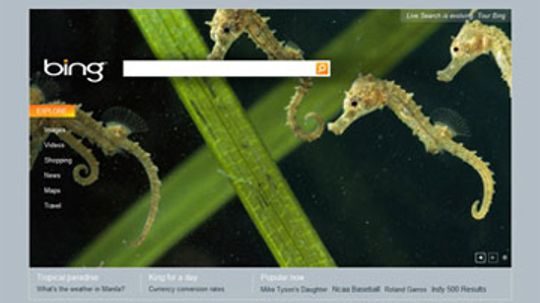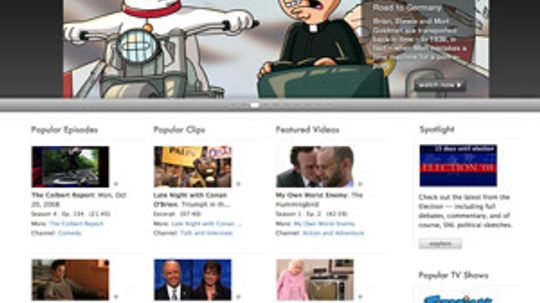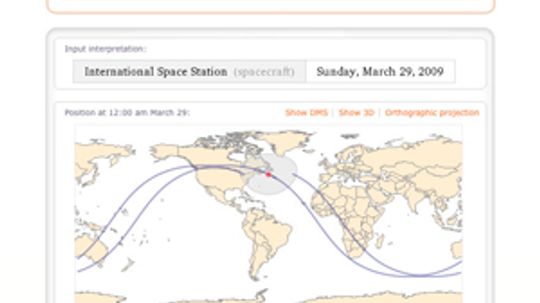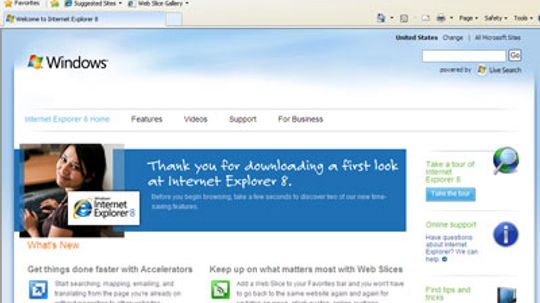Internet Basics
In Internet Basics, learn about the basic components of the World Wide Web and common tools that can make or break your Internet experience: search engines, Web browsers, RSS, spam and more.

The Truth About Cloud Storage and Its Future

5 Ways to Keep Your Information Secure in the Cloud

Are my files really safe if I store them in the cloud?

Can the Internet Break From Overuse?
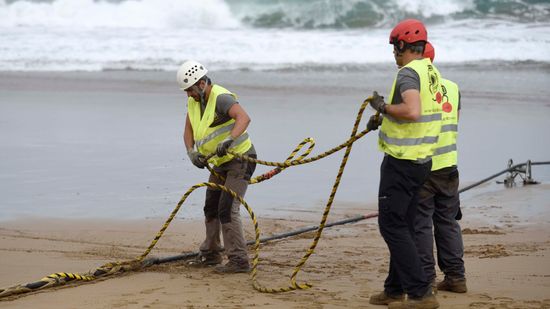
Could an Attack on Undersea Cables Take Down the Internet?

Constellations of Internet Satellites Will Beam Broadband Everywhere
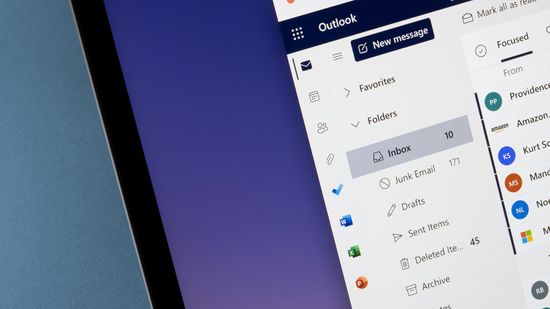
How to Recall an Email in Outlook or Gmail

What Does CC Mean in Email?

How to End an E-Mail: 21 Professional and Personal Sign-Offs

7 Most Secure Browser Options for Privacy-Minded Individuals

Looking for a Search Engine That Donates to Charity? Here Are 10
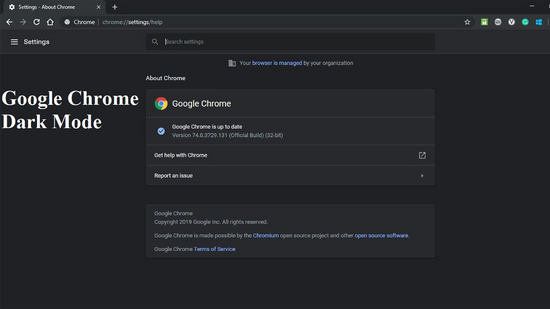
How to Enable Google Chrome Dark Mode on All Your Devices
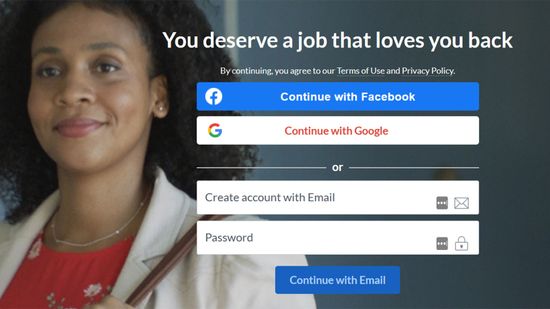
Should You Use Facebook or Google to Log In to Other Sites?
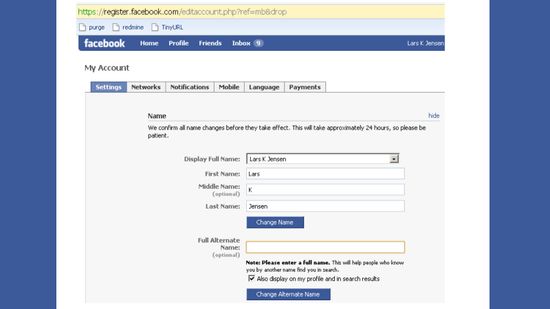
How to Change Your Name on Facebook

How to Deactivate Facebook
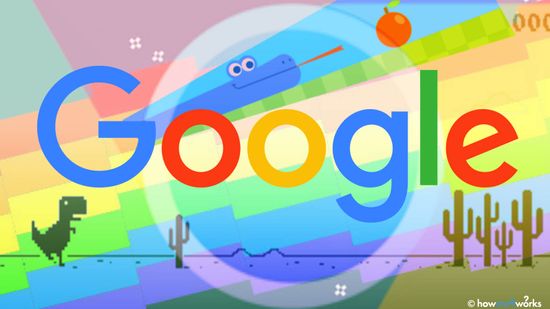
Google Easter Eggs: Sweet Treats Hidden in Plain Sight

10 Reasons Why You Should Care About Net Neutrality

WiFi Extender vs. Booster: What's the Best Choice for You?

Does Weather Mess With Your Internet Connection?

Why Does My WiFi Keep Disconnecting? 6 Easy Fixes
Learn More
If you've ever typed a question into Google, Bing, Startpage or DuckDuckGo, you've seen the slick results page that pops up. But what makes those results tick? How do search engines work?
Are there legitimate reasons to seek out the dark web? Sure. We explain what's on the dark web, how to access it and why you'll want to proceed with a healthy dose of caution.
If you're looking at a news story or website in an unfamiliar language, there is an easy way to have Google Chrome translate it for you.
Advertisement
Since Google launched as a privately held company on Sept. 4, 1998, it's evolved from a two-man enterprise into a multibillion-dollar corporation. How did a Ph.D. project become one of the most influential companies in the world?
Your college professors probably told you not to use Wikipedia for papers. But they might have been wrong.
HowStuffWorks loves podcasts, and our staff of podcast hosts offer up recommendations of their favorite ones to obsess over.
Advertisement
Here's something you've probably never pondered while surfing the internet: Web addresses are in English. Why is that? And how do non-English speakers navigate the web?
By Beth Brindle
Perhaps your friends have posted that Facebook copyright message. Or you've gotten a forward-or-bad-things-will-happen chain email. Technology hasn't killed folklore - it's just created a space where it's shared more quickly.
About 40 percent of the world's population uses the Web for news, entertainment and communication, but in truth, only a sliver of what we know as the World Wide Web is easily accessible.
Since the advent of the Internet, we've been producing data in staggering amounts. Who's collecting it, and should we be worried?
Advertisement
The dot-com bubble produced plenty of companies that spent and grew too quickly and couldn't sustain themselves, but some burned out in spectacular style. Here are 10 tech companies that lived fast and died young.
Millions of mobile devices, computers and data centers make up the Internet. Machines join and drop off every second, and each requires electricity. Is it possible to measure how much juice the Internet uses?
You'd like to learn how to put a photo album on a Web page and share it with others. Learn in this article how to put a photo album on a Web page.
Proxy servers and proxy server software can help you hide your IP address. Learn how to hide an IP address from this article.
Advertisement
If you have Windows 7 or Windows Vista, you'll find your temporary Internet files on your C drive. Learn how to find temporary Internet files from this article.
The Internet lets you transfer information around the world in seconds. But the pieces of your file may not all get there the same way. How does all that data get where it's supposed to go without getting lost?
Sending pictures by e-mail should be a simple process no matter what e-mail service you use. How can you attach photos to your e-mail and be sure the message gets to your recipient?
By Jane McGrath
Now that the Internet has become such an important part of our everyday lives, it's hard to imagine what life would be like without it. Could the Internet collapse? What would happen if it did?
Advertisement
Sure, you consider yourself the king of the Interwebs, but we bet you aren't familiar with all of the sites that made our gallery. Or are you? Guess there's only one way to find out.
As it lost ground to Google, Microsoft decided to do more than just upgrade Live Search. Instead it created Bing, a "decision engine." But what is the future of Bing and can it ever be no. 1?
By Josh Briggs
Missed your favorite TV show again? Never got around to installing that DVR? Thanks to the power of the Internet, you can go to Hulu.com and watch the shows you love -- and are never home to watch.
It's been called a Google killer, but Stephen Wolfram's computational knowledge engine doesn't work like Google. So what does it do, and does it live up to its hype?
Advertisement
If you've joined MySpace, Facebook or one of the Web's other communities, you've accepted their terms of service. If you break those terms, did you break the law?
By John Fuller
Microsoft's Internet Explorer 8 appeared only two years after its predecessor. What improvements are included in this next-generation Web browser?









